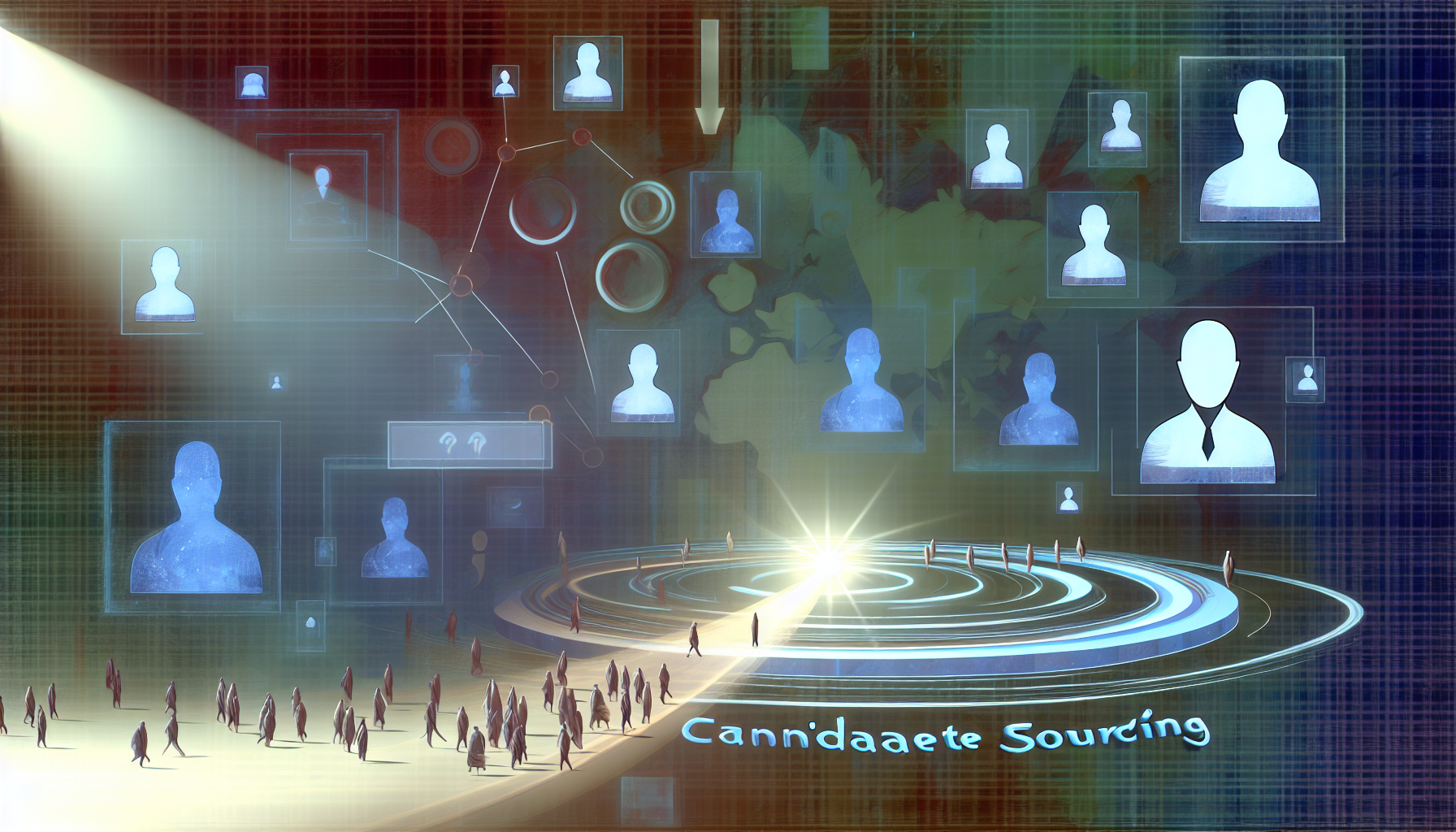VamosWatu blog explores IT outstaffing, team growth, and tech trends. Practical insights to help companies scale efficiently and stay competitive.
Talent shortages are widening. Recruiting teams must find faster, smarter ways to reach qualified candidates. Artificial intelligence (AI) has become essential by automating and speeding up candidate sourcing for ai candidate sourcing. Instead of manually screening resumes or posting generic ads, AI leverages data to pinpoint relevant talent much quicker.
Most companies use AI somewhere in recruitment, but few apply it deeply in sourcing. When integrated well, AI frees recruiters from slogging through large candidate lists. It lets them focus on what matters—building relationships with the right people. This article breaks down how AI reshapes sourcing, highlights key features and ethical guardrails, and shows real-world impacts on how teams work.
Recruitment tools have evolved from basic job boards to AI-driven platforms capable of searching billions of profiles instantly. The real win with AI is scale: it can scan far beyond usual channels.
Some AI services analyze candidates across dozens of job sites the moment a role opens. This turns sourcing from slow, manual work into a fast, automated system that finds relevant candidates — including those not actively job hunting.
AI goes beyond keyword searching. It uses algorithms and natural language understanding to assess skills, experiences, and qualifications at a deep level. This means candidates are ranked not just by keywords but by how closely their complete profile fits the job.
It also helps find passive candidates — those not applying but perfectly suited. By spotting digital signals like professional interests and activity online, AI uncovers talent pools missed by traditional sourcing.
AI pulls data from varied real-time sources: social media, online portfolios, academic publications, industry forums, and internal company databases. For example, it can scan a designer’s creative work or a developer’s code repository to verify skills specific to those roles.
This wide net also surfaces candidates with transferable skills. Someone managing projects in healthcare might be an ideal fit for tech roles. Skill mobility is rising in importance, and AI supports tapping into these cross-industry matches.
AI can help cut bias by sticking to objective criteria like verified skills and experiences instead of subjective factors like schools or past employer brands. Good AI models apply consistent rules to every candidate, reducing unconscious preferences early in the process.
That said, AI needs ongoing checks and recalibration to detect and fix any bias creeping in from past data or model flaws.
Ethics can’t be an afterthought with AI in hiring. Teams must work closely with legal, compliance, and IT to audit AI outputs regularly and ensure transparency.
Setting objective evaluation standards and keeping human oversight in the loop balances AI speed with accountability. This approach also helps navigate changing laws around AI in recruitment while pushing for more inclusive hiring.
AI automates repetitive tasks like screening resumes and initial candidate matches. Recruiters can then invest more time in strategic activities: building rapport, doing rich candidate assessments, and negotiating offers.
This shift positions recruiters as talent advisors, not gatekeepers, improving both hiring quality and candidate experience.
Talent solution providers embed AI sourcing technologies to boost speed and accuracy. By analyzing large datasets with advanced analytics, they deliver targeted talent pools geared to specific hiring needs with AI sourcing tools.
This cuts time-to-hire and reduces costs while giving companies agility to meet changing market demands. As workforce challenges grow complex, AI-driven sourcing becomes critical for building lean, competitive teams.
AI uses advanced algorithms and natural language processing to evaluate candidates beyond keywords, matching their full profiles to job requirements for better accuracy.
Yes, AI can reduce bias by focusing on verified skills and consistent criteria, but it requires regular audits to prevent inherited bias from data or models.
Human oversight ensures accountability, interprets AI outputs, and maintains ethical hiring standards alongside automated AI processes.
AI automates repetitive tasks like screening, allowing recruiters to focus on relationship building and strategic candidate evaluation.
Organizations must manage transparency, compliance, and fairness by regularly auditing AI outputs and involving legal and compliance teams.
AI-driven sourcing cuts costs, boosts speed, and lowers hiring risk while uncovering talent hidden to manual search for ai candidate sourcing. It shifts recruiting from admin to strategy.
To act with speed and precision this quarter, tighten AI evaluation, expand data sources, and reinforce ethical oversight.
Interested in how this can refine your hiring processes? Book a short qualification call to explore fit and timelines.
Build Lean In-House Tech Teams — Faster. Cheaper. Better.




